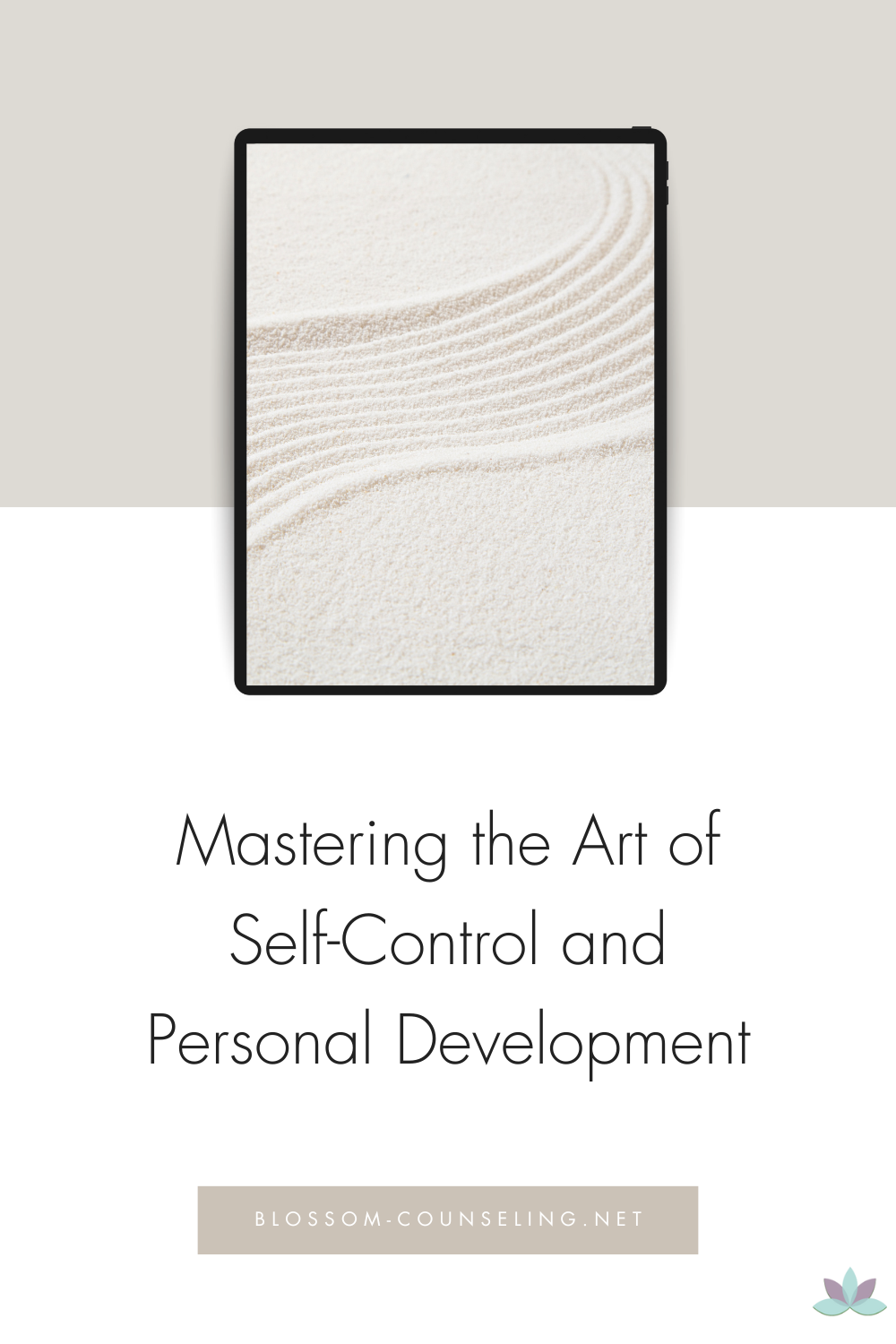
Imagine navigating life’s challenges with a serene sense of control and a clear vision of your personal growth. Self-control and personal development are not just concepts reserved for the self-help sections of bookstores; they are essential tools for thriving in a hectic world. Whether you’re managing deadlines, improving relationships, or simply trying to eat a bit healthier, the ability to control impulses and pursue growth can transform your life.
The Science of Self-Control
Self-control is like a muscle. The more you use it, the stronger it gets. But just like in the gym, you need to use the right techniques and not overexert yourself to see the best results. Self-control involves regulating your thoughts, emotions, and behaviors to align with long-term goals rather than immediate desires. This might sound daunting, but with the right strategies, it’s entirely achievable.
Strategies for Strengthening Self-Control
- Set Clear Goals: Knowing exactly what you want to achieve makes it easier to resist temptations. For instance, if your goal is to save money, this clarity can help you walk past that tempting sale sign.
- Understand Your Triggers: Self-awareness is key. Identify what situations, emotions, or people trigger your impulsive responses. Is it stress that leads you to overeat? Or perhaps boredom that sends you down a social media rabbit hole? Recognizing these triggers can be the first step in managing them.
- Create a Response Plan: Once you know your triggers, plan how to deal with them. This might mean having healthy snacks available if you tend to eat when stressed, or using apps that limit your time on social media.
Personal Development: A Journey, Not a Destination
Personal development is about continuously improving oneself through new skills, behaviors, and insights. It’s a lifelong journey of becoming the best version of oneself. This can mean learning how to communicate better, developing leadership skills, or becoming more empathetic.
Techniques for Fostering Personal Growth
- Embrace Learning: Personal growth thrives on new knowledge. Read books, listen to podcasts, attend workshops—anything that expands your horizons.
- Reflect Regularly: Take time to reflect on your experiences. What did you learn? How can you improve? Keeping a journal can be a great way to facilitate this reflection.
- Seek Feedback: Sometimes, our self-perception can be skewed. Feedback from friends, family, or colleagues can provide new perspectives and areas for improvement.
Integrating Mindfulness into the Mix
Mindfulness—the practice of being fully present and engaged in the moment—can amplify your efforts in self-control and personal development. It helps you become more aware of your thoughts and feelings without judgment. By practicing mindfulness, you can manage your impulses better and make more deliberate choices.
- Start Small: Begin with just five minutes of meditation a day. Focus on your breath and the sensations in your body. When your mind wanders, gently bring your attention back without criticism.
- Be Patient with Yourself: Mindfulness is a skill that requires practice. Don’t get discouraged if it feels difficult at first. Like any other skill, it gets easier with time.
- Incorporate Mindfulness Throughout Your Day: Try to perform regular daily activities—like eating or walking—with full awareness of your senses and environment.
Understanding and improving self-control and personal development can lead to a more fulfilling and controlled life. By setting clear goals, understanding your triggers, and embracing mindfulness, you can navigate the complexities of life with greater ease and confidence. Each small step in this direction not only enhances your capability to manage yourself but also enriches your journey toward personal growth.




